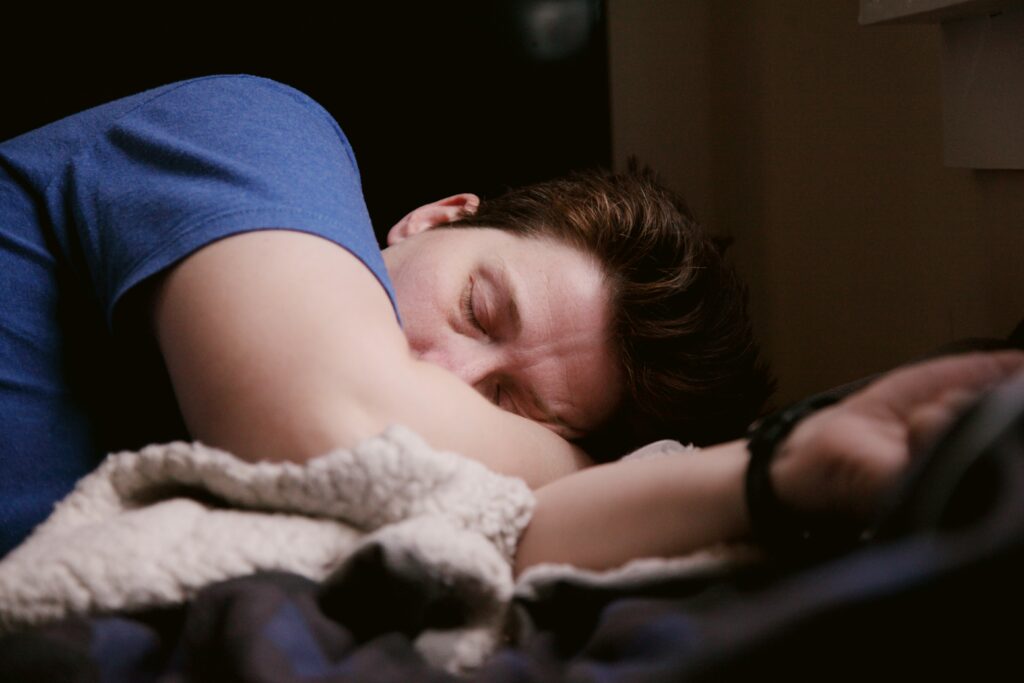SPOILER ALERT!
Poor sleep quality causes distress and isolation, but good quality of sleep helps us socialize more
When we don’t have a good night sleep, we are perceived as less socially attractive, which means that people don’t want to approach us.
Social isolation and loneliness are associated with poor health, contributing to higher risk of cardiovascular disease, alcohol addiction, and suicidality. Multiple factors are known to affect social behavior and loneliness including socioeconomic status, sex, age and employment status. New research is now adding sleep loss to that list.
Sleep loss contributes to social isolation
Notably, studies show that individuals who have poor sleep quality report feeling more distressed and lonely. By contrast, better sleep quality is associated with active socialization. More importantly, quality of sleep, not quantity, is responsible for this association, which suggests that even one night of poor sleep quality could result in active social isolation.
As expected the present study finds that social withdrawal occurs in both situations involving sleep loss and poor sleep quality. Furthermore, the participants in those two conditions were rated as socially repulsive by judges (other participants who were not aware of their sleep-deprived condition and who merely watched them interact with others on video), which means that they would not want to socialize with them. Those results indicate that poor sleep quality makes a person look less socially desirable to other people, further exacerbating the loneliness problem.
Interestingly, the judges also reported feeling lonelier after observing them, suggesting that loneliness could be socially contagious. In fact, the lonelier a judge rated a participant, the lonelier they themselves subsequently felt, which could explain the social aversion they felt towards them.
Hypersensitivity of neurons responding to social repulsion responsible for social withdrawal in sleep loss/poor sleep quality The underlying neural mechanism for that relationship implicates nerve cells (neurons) that respond to negative social interactions. They are the “social repulsion” signal and they are activated when an unwanted social interaction is about to take place. This is similar to a situation in which you avoid certain people, because you do not want to talk to them or you find them repulsive.
By contrast, neurons that promote prosocial behavior are under-stimulated. They are the “social approach” signal which is activated when there is a desire/willingness to approach people. Those findings indicate that during sleep loss a conscious decision is made to actively avoid social interactions and maintain social distancing. This was true regardless of affect.
Indeed, although sleep loss was also associated with negative mood and increased anxiety, the neural changes contributing to social distancing that followed sleep loss remained significant even with co-occurring anxiety and mood changes. .
Taken together, those results make us wonder if perhaps there is a relationship between the steep decline in sleep and increased loneliness in developed nations.
Reference:
Ben Simon E, Walker MP. Sleep loss causes social withdrawal and loneliness. Nat Commun. 2018 Aug 14;9(1):3146. doi: 10.1038/s41467-018-05377-0. PMID: 30108218; PMCID: PMC6092357.

